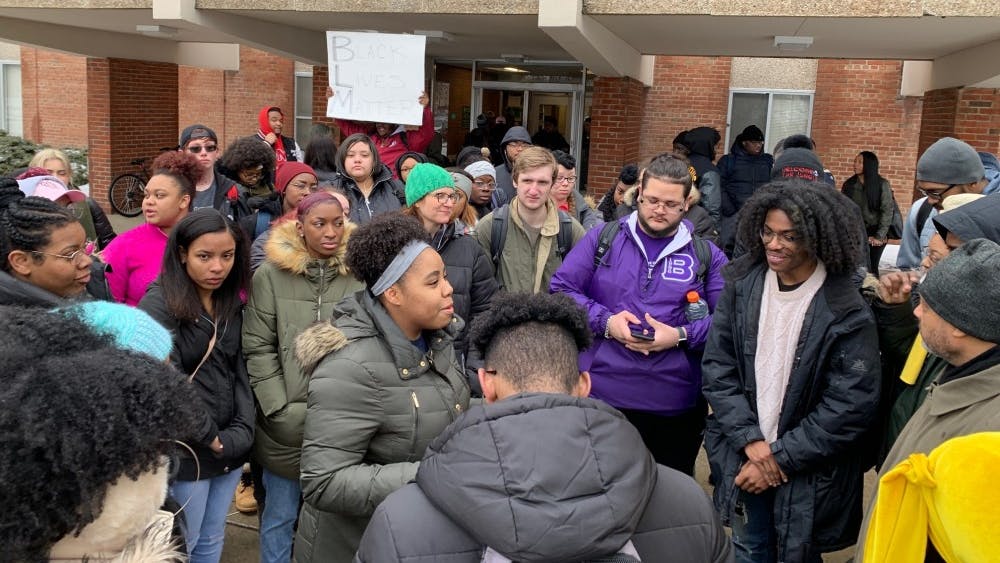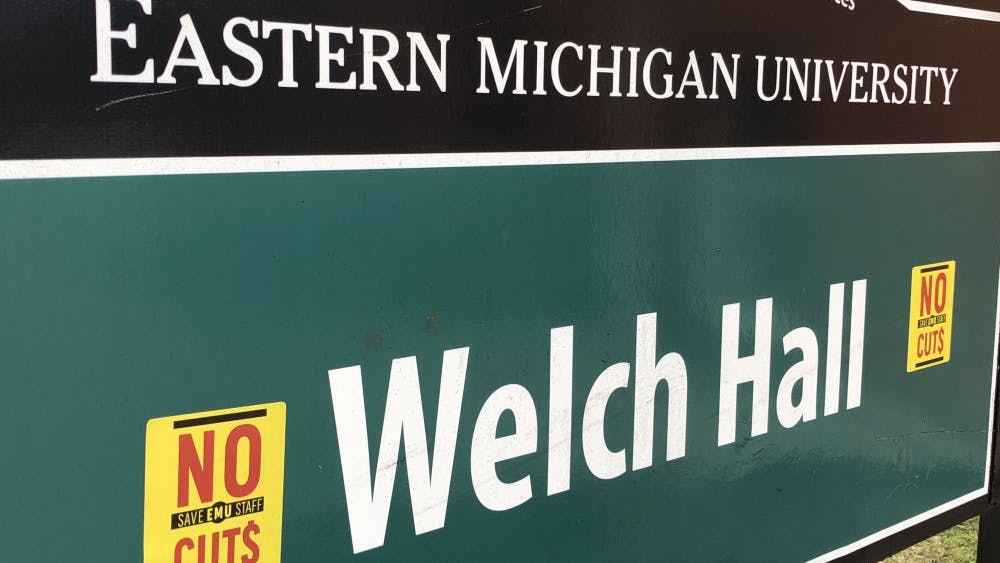Mental healthcare in America has emerged as a subject about which a growing number of Americans are passionate. According to a study commissioned by Universal Health Services, Inc., around 71% of respondents indicated that one’s mental and physical health are of equal importance, and almost all of them (96.8%) said mental illness represents “legitimate medical illnesses." This is unsurprising considering the growing scope of mental illness in the United States with, as reported by the National Institute of Mental Health, almost 20% of American adults suffering from any mental illness in 2017.
Naturally, as with any similarly important issue, the conversation has spread to the realm of public policy. As America strikes a rare note of consensus on the need for mental health reform, I believe there to be no better vehicle for its introduction than the American Right Wing. The reason for this can be summed up best in two words: Individual Liberty.
On the American Right, as conservatives and libertarians, one of the primary principles we pursue in matters of public policy is the maximization of individual liberty where possible. But when we use that phrase, what exactly do we mean?
As I view it, individual liberty as a concept refers to one’s ability to, on one hand, make decisions in one’s own self-interest and free from government coercion, and on the other, the ability to accept the responsibility for those decisions. However, the reality of the situation is that for those living with mental illness - especially those whose illness is severe - their ability to enjoy those blessings of liberty is diminished.
Consider, for example, the fact that mental illness is a significant driver of incarceration in the United States. After the De-institutionalization Movement of the 1950s and 1960s, jails and prisons became the method of choice for addressing problem of mental illness. According to the Center for Prisoner Health and Human Rights, “correctional facilities in New York, Los Angeles, and Chicago currently act as the three biggest psychiatric facilities in the country”.
Compounding the problem, as the War on Drugs came into full swing in the 70s and 80s, the mentally ill population was further transitioned into the correctional system due to the high comorbidity rates between mental illness and substance abuse.
Unfortunately, this trend has not abated. Per a Special Report authored by the Bureau of Justice Statistics in 2006, there were an estimated “705,600 mentally ill adults were incarcerated in state prisons, 78,800 in federal prisons and 479,900 in local jails," for a total of 1,264,300 individuals who lost their liberty due to their mental illness.
Today, mentally ill persons make up parole and probation populations at a rate of two to four times the general population, and are estimated to comprise “20% of inmates in jail and 15% of inmates in state prisons," as recorded by the Treatment Advocacy Center.
Why is this important? These data reveal that there is a sizable portion of the American citizenry that has come under direct control of the State as a result of a treatable, or at the very least manageable, condition. And if we, as a nation, were to pursue public policy whereby individuals with these conditions were better equipped to manage their symptoms, not only would they be better able to safeguard their own liberty, but the resulting economic windfall could be significant.
According to the National Alliance on Mental Health, the United States houses over 2 million inmates with serious mental illness in its jails. And to the taxpayers, “[h]ousing an inmate with mental illness in jail costs $31,000 annually," compared to a paltry $10,000 cost for community treatment programs.
All told, a policy which would divert mentally ill populations away from prison stands to free up tens of billions of dollars among the states to invest into additional preventive programming. In an age where state governments all too often lack the resources necessary to operate as Constitutionally framed, an additional $62 billion could provide the boost required to get many of them back on their feet.
Finally, it seems as if America is beginning to take the mental health of its citizens seriously, and it is a welcome change from our prior track record on the issue. In light of this rare note of unity, I call on policy makers and thought leaders on the American Right Wing to put ink behind our principles and present real reforms that will benefit the lives of our fellow Americans struggling with mental illness. Opportunity knocks. Will we answer?










